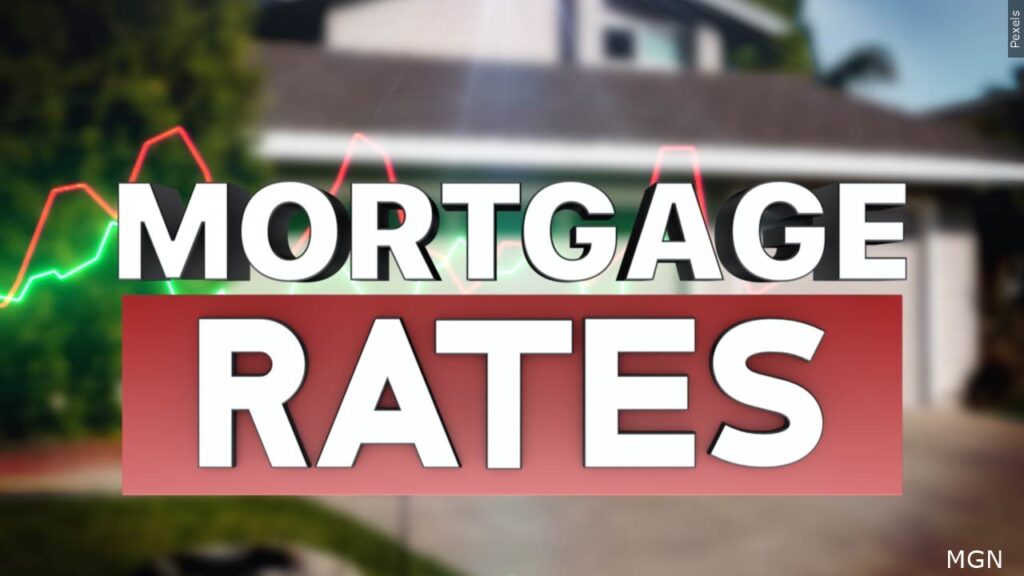Finding the right financial advisor can feel like navigating a maze, but it doesn’t have to be. This guide will help you locate reputable financial advisors in your area and make informed decisions about your financial future.
Understanding Your Financial Needs
Before you start your search, take some time to reflect on your financial goals. Are you saving for retirement, planning for your children’s education, or looking to invest in real estate? Understanding your specific needs will help you find an advisor with the right expertise. Consider using online tools like personal finance calculators to assess your current situation.
Searching for Local Advisors
Start your search by using online search engines like Google, Bing, or specialized financial advisor directories. Many advisors have online profiles that showcase their experience, qualifications, and client testimonials. Don’t hesitate to look at review sites for additional insight.
Checking Credentials and Certifications
Verify that potential advisors hold the necessary licenses and certifications. Look for designations like Certified Financial Planner (CFP), Chartered Financial Analyst (CFA), or similar credentials. These certifications indicate a commitment to professional standards and continuing education. 
Considering Fees and Service Models
Financial advisors typically charge fees based on different models, including hourly rates, percentage of assets under management (AUM), or flat fees. It’s crucial to understand the fee structure upfront to avoid any surprises and choose a model that aligns with your budget. Compare fees between multiple advisors to get a sense of the market rate in your area.
Reading Client Testimonials and Reviews
Client reviews and testimonials can offer valuable insights into an advisor’s work style, communication skills, and overall effectiveness. Look for consistent positive feedback and be wary of any red flags. [IMAGE_2_HERE]
Scheduling Consultations and Asking Questions
Schedule initial consultations with a few shortlisted advisors. This is your opportunity to ask questions about their experience, investment strategies, and fee structures. Don’t hesitate to discuss your specific financial goals and concerns. A good advisor will listen attentively and provide tailored advice.
Understanding Investment Strategies
Different advisors will have different investment philosophies. Some might focus on long-term growth, while others might prioritize income generation or risk management. Find an advisor whose investment strategies align with your risk tolerance and financial goals. Learn more about investment strategies.
Building a Long-Term Relationship
Choosing a financial advisor is a long-term commitment. You’ll want someone you trust and feel comfortable communicating with openly. Regular communication and review meetings are vital to ensuring your financial plan stays on track. Read more about building a strong advisor-client relationship. [IMAGE_3_HERE]
Finding the right financial advisor is a significant step towards securing your financial future. By following these steps and doing your due diligence, you can find a trusted advisor who can guide you every step of the way.
Frequently Asked Questions
What qualifications should I look for in a financial advisor? Look for relevant certifications such as CFP or CFA, as well as a proven track record and positive client reviews. Consider their experience in dealing with clients who have similar financial goals to yours.
How much should I expect to pay a financial advisor? Fees vary widely depending on the advisor’s experience and the services offered. Some charge hourly rates, while others charge a percentage of assets under management or a flat fee. It’s crucial to clarify fees during your initial consultation.
How often should I meet with my financial advisor? The frequency of meetings will depend on your individual needs and the complexity of your financial plan. Regular reviews, at least annually, are recommended to ensure your plan remains aligned with your goals. Learn more about meeting frequency.
How do I find a financial advisor specializing in a particular area? Many financial advisors focus on specific niches, such as retirement planning, estate planning, or investment management. When searching, use keywords that reflect your area of interest. You can also consult with professional organizations for referrals.
What questions should I ask a prospective financial advisor? Ask about their experience, fee structure, investment philosophy, and client testimonials. Also, don’t hesitate to ask about their approach to risk management and how they communicate with their clients. Check out this article for more sample questions.



